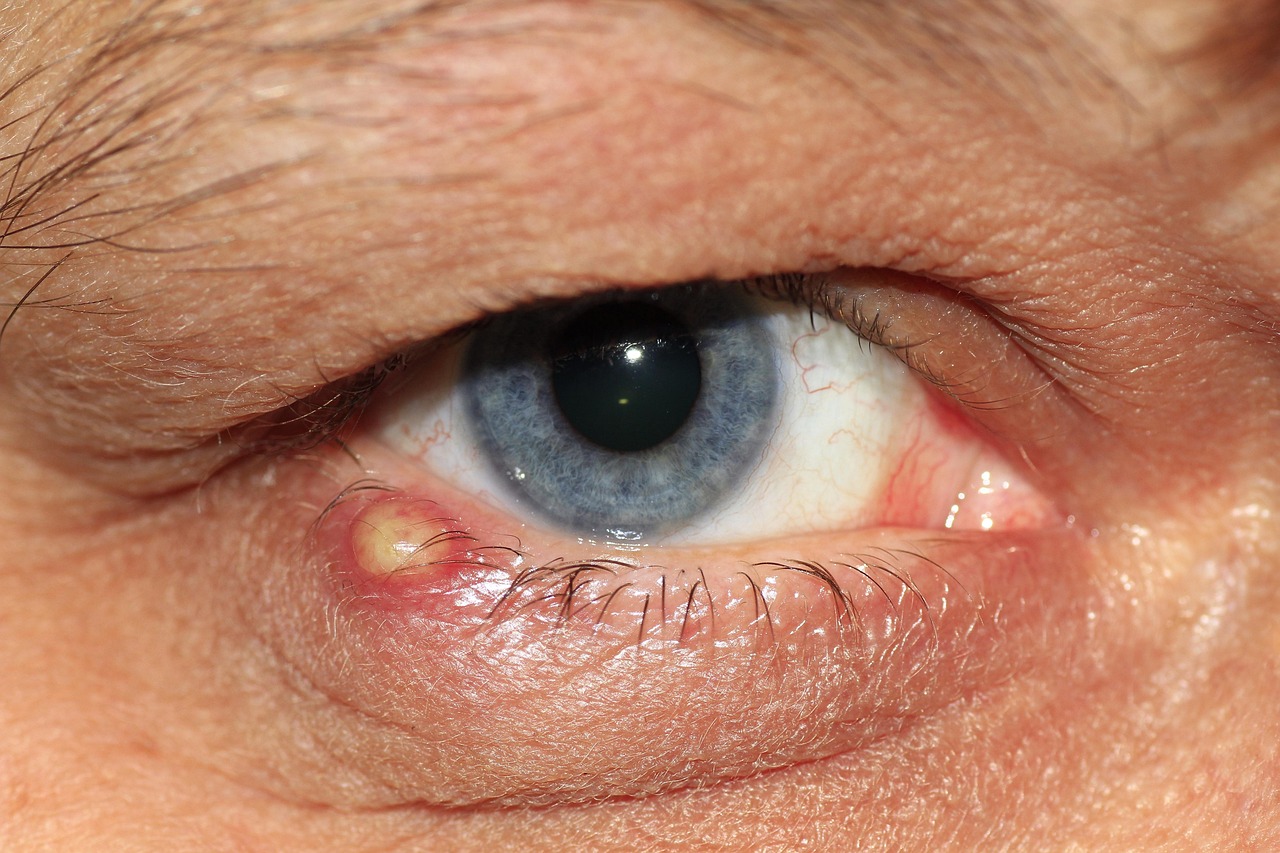
Bloating, brain fog, joint aches, and mood swings—are they all connected? New research shows that chronic gut inflammation symptoms may be more widespread and insidious than we think. Your gut could be quietly triggering immune attacks, sabotaging hormones, and altering brain function—without you even realizing it.
What Is Gut Inflammation?
Gut inflammation is more than an upset stomach. It involves immune system overactivation in the intestines, damaging the lining of the gut wall and disrupting the microbiome. When this happens, harmful substances can “leak” into the bloodstream—a condition known as leaky gut or increased intestinal permeability.
How It All Begins
Gut inflammation often starts with something small: a course of antibiotics, a high-sugar diet, unmanaged stress, or an undiagnosed food sensitivity. These trigger the immune system to respond, creating a cycle of inflammation that spreads silently throughout the body.
Key Gut Inflammation Symptoms to Watch For
Many people don’t recognize the warning signs because they seem unrelated to digestion. But these symptoms may all stem from an inflamed gut:
- Persistent bloating, gas, or diarrhea
- Chronic fatigue or poor sleep
- Brain fog or memory problems
- Joint stiffness or unexplained aches
- Skin flare-ups like eczema or acne
- Anxiety, irritability, or mood swings
- Weight gain or blood sugar imbalances
If you’re experiencing several of these, your body may be responding to chronic gut inflammation symptoms.
Gut-Brain Axis: Inflammation and Mental Health
Your gut and brain communicate constantly. When the gut is inflamed, it produces pro-inflammatory cytokines that can affect the brain, contributing to depression, anxiety, and even cognitive decline. The “second brain,” or enteric nervous system, responds quickly to what’s happening in your microbiome.
How Inflammation Affects Immunity
About 70% of your immune system resides in the gut. When inflammation becomes chronic, it can confuse your immune responses—either underreacting to real threats or overreacting to harmless foods or tissues. This is a major driver of autoimmune conditions like Crohn’s, Hashimoto’s, and rheumatoid arthritis.
Common Triggers You Might Be Ignoring
Even everyday habits can trigger gut inflammation:
- Diets high in refined carbs and seed oils
- Artificial sweeteners and emulsifiers
- Chronic stress and poor sleep
- Frequent use of NSAIDs or antibiotics
- Hidden food sensitivities (gluten, dairy, soy)
You don’t have to eat “junk food” to damage your gut—sometimes, even “healthy” foods can be inflammatory for certain people.
Testing and Diagnosis
While there’s no single test for gut inflammation, functional medicine doctors often use a combination of:
- Stool microbiome tests
- Zonulin and calprotectin markers
- Food sensitivity panels
- SIBO (small intestinal bacterial overgrowth) breath tests
- Intestinal permeability tests
Early detection of gut inflammation symptoms can prevent long-term damage.
Healing Your Gut: What Works
Addressing gut inflammation isn’t just about probiotics. A complete strategy may include:
- An elimination diet to remove common triggers
- Anti-inflammatory nutrients (turmeric, omega-3s, glutamine)
- Targeted probiotics and prebiotics
- Stress management techniques like breathwork or mindfulness
- Digestive enzymes and healing herbs like slippery elm or licorice root
Lifestyle changes often make the biggest difference in reducing chronic gut inflammation.
Final Thoughts
Your gut may not scream for help—but it whispers through fatigue, mood changes, and skin issues. Listening to those subtle gut inflammation symptoms could help you catch chronic illness before it starts. Healing the gut isn’t a trend—it’s a foundational part of long-term health.
FAQs
Can gut inflammation exist without digestive symptoms?
Yes. It often shows up as fatigue, mood swings, or joint pain before affecting digestion.
What foods are most likely to trigger gut inflammation?
Refined sugar, gluten, dairy, seed oils, and processed foods are common culprits.
Can gut inflammation cause skin issues?
Absolutely. Conditions like acne, eczema, and psoriasis are often linked to gut health.
How long does it take to heal an inflamed gut?
With dietary and lifestyle changes, people may notice improvements within 4–12 weeks.
Is gut inflammation reversible?
Yes. When identified early, most cases respond well to holistic interventions.
